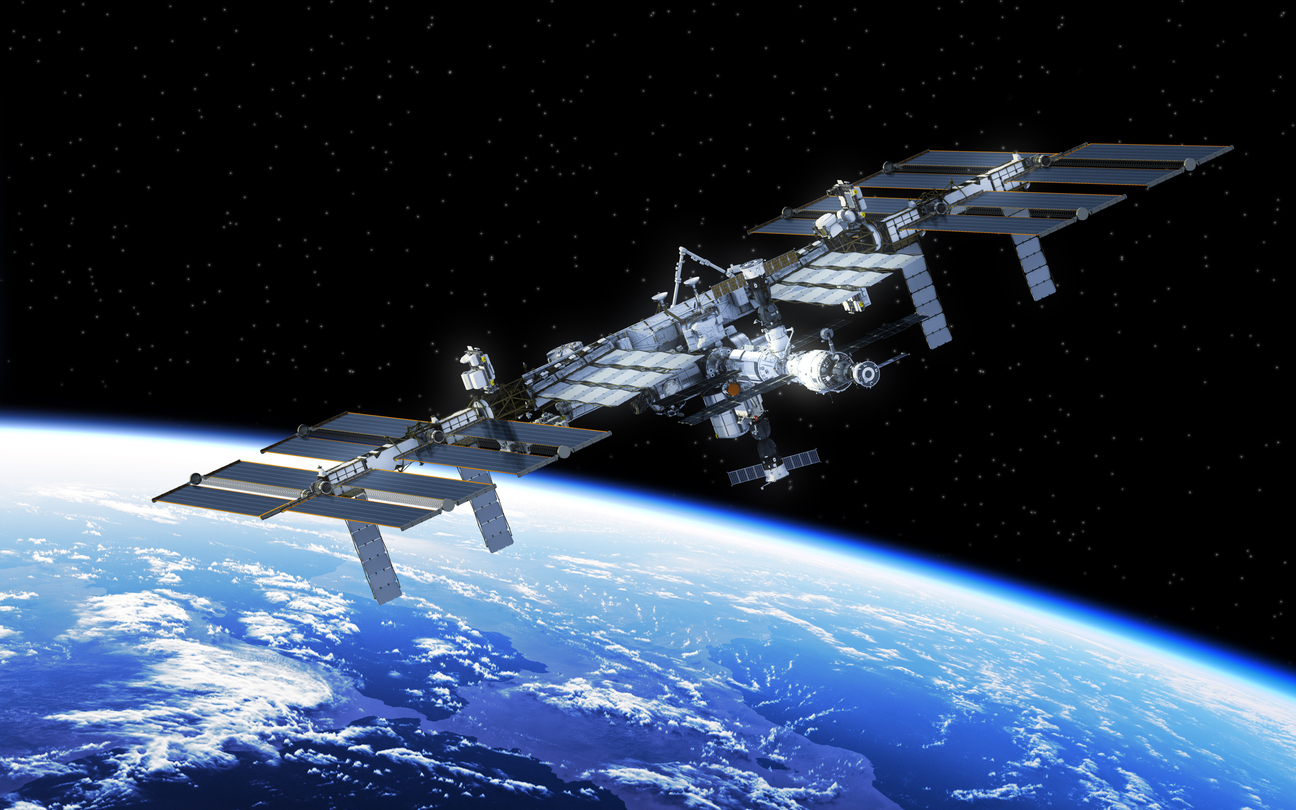2020/12/11
Hayabusa 2 Capsule Returns to the Earth ― Potential for Space Business and the Concern for the Escalation of Fierce Development Race

It was just 6 years ago today (December 3, 2014), when Asteroid Explorer “Hayabusa 2” was launched as a successor of “Hayabusa 1” that had achieved its mission of the world’s first retrieval of samples from outer space beyond the reach of the Earth’s gravity. The “Hayabusa 2” successfully landed on the asteroid “Ryugu” earlier and accomplished its mission to create an artificial crater on the asteroid with the aim of collecting samples of subsurface materials to bring back to the Earth. Now, the “Hayabusa 2” capsule is expected to make a perfect return to the Earth on December 6 after its long journey of over 5 billion km and the retrieved samples landed safely home. Ryugu (named after a dragon palace on the sea bottom in a Japanese folk tale) is believed to preserve intact organic materials and water of the time when the solar system primordially formed, and the retrieved samples are expected to help reveal the scientific evidence about origins of life.
Although the space development used to be a “closed market” controlled by the state, it is becoming more accessible for newcomers to enter the market. While the world’s biggest private space developer is definitely the U.S. aerospace manufacturer SpaceX, several new companies have entered into space businesses in Japan. One of those new space business traders, “Space BD” established in 2017, was selected as an integration service provider for a nanosatellite to be deployed in JAXA’s new Space Station Transfer Vehicle. Fundamentally, Japan is noted for its wide scope of contributions to “Space.” For example, the consecutive performance success rate of the series of H2A rockets, the 43rd rocket was launched on November 29, is 97.7%, which is the world top level. Besides, technical integrity of taking-off and landing on an astronomical body with gravity has been verified by “Hayabusa” spacecrafts. Also, Japan has rich technical resources and experiences including know-how to work effectively as an astronaut contributed by many current and past astronauts such as Soichi Noguchi, and operation skills used for the management of the International Space Station (ISS). Potential for diversion of those accumulated resources is highly expected in the various non-space businesses such as ADAS (Advanced Driver-Assistance Systems), sensing, robots, new materials, laboratory equipment, environmental controls, and resource exploitation.
On October 14, Japan signed the “Artemis Accords” along with the US, the UK, Australia, Italy, Canada, Luxembourg and the UAE to promote the “Artemis program” led by the U.S. It is a space exploration program approved by the Trump administration in December 2017 with the goal of landing the next human on the moon by 2024 and human mission to Mars in 2030s under the international cooperation of both public and private sectors. The progress of this big project will be a trigger to facilitate private sectors’ investment in the fields of technologies, funds and services.
Coincidentally, China successfully landed the unmanned “Chang'e-5” probe on the Moon on December 1. The space probe performed the tasks on the Moon surface for a few days collecting rock and soil samples to bring back to the Earth. The U.S. National Aeronautics and Space Administration (NASA) immediately expressed its congratulations on China’s success hoping that the collected samples would be shared with the global scientific community to give them further research opportunities. The eight countries that have signed the “Artemis Accords” confirmed the principles of peaceful uses of outer space, mutual cooperation in space exploration, and a common recognition relating to the preservation and utilization of space resources. It is no doubt that the agreement is in line with the strategic purpose of the U.S. who, keeping China in mind, wants to play a leading role to establish international rules for space exploration. Fair competitions are always welcome. However, we should remember there is absolutely no excuse to carry over the conflicts on the Earth into the Moon.
This Week's Focus, December 3
Takashi Mizukoshi, the President